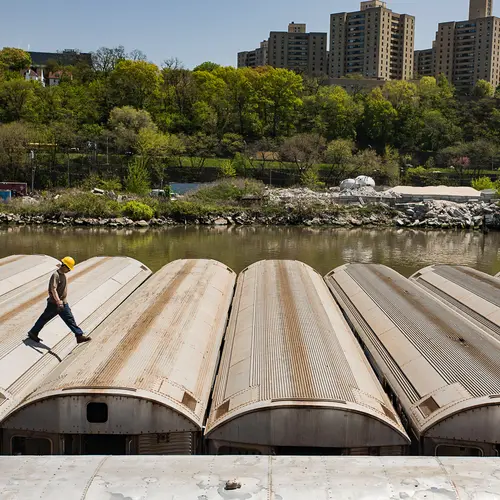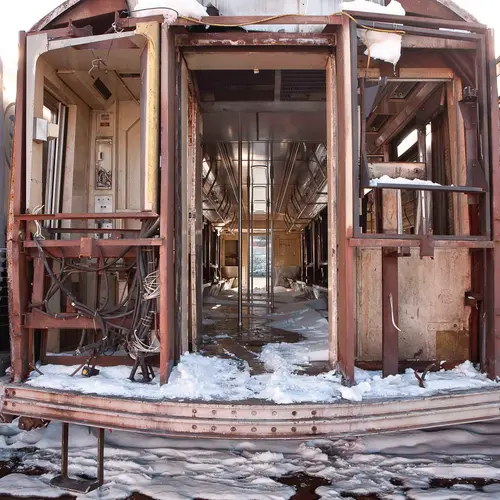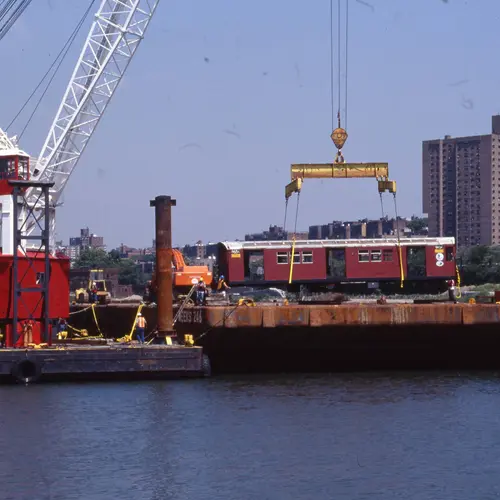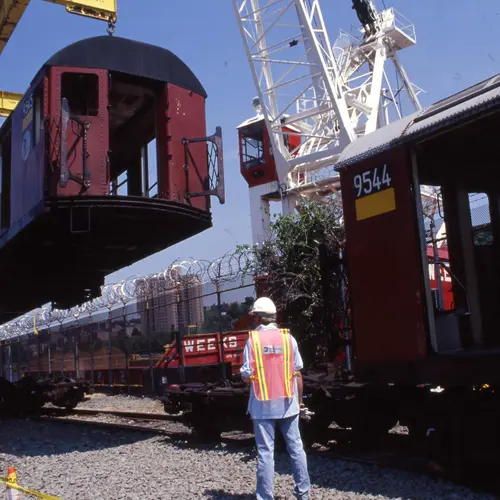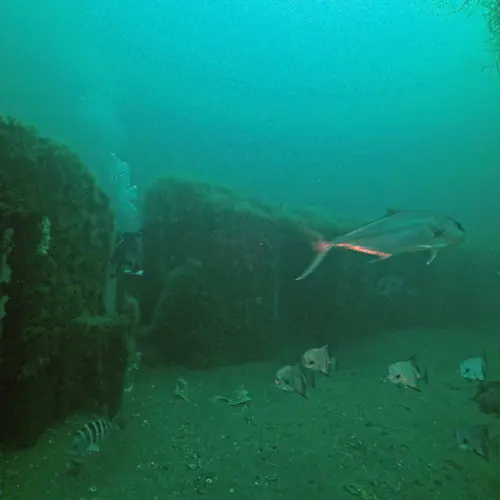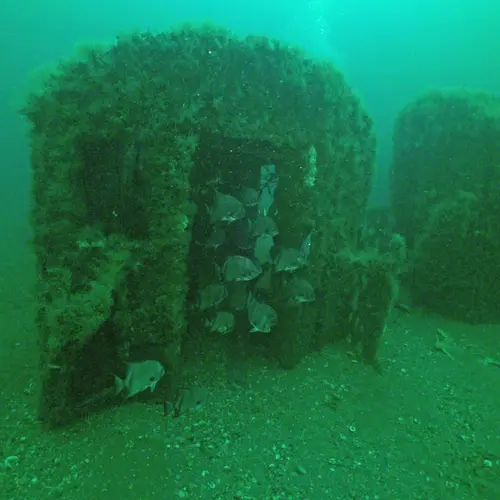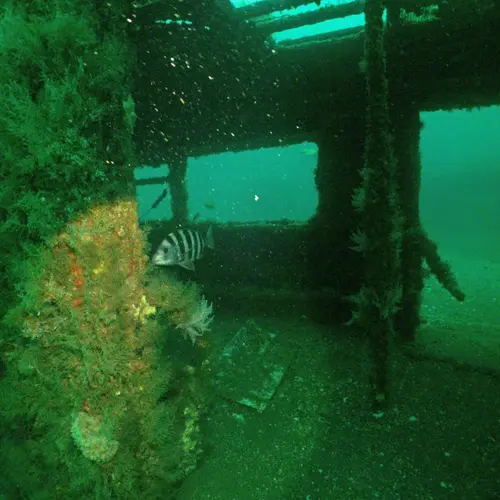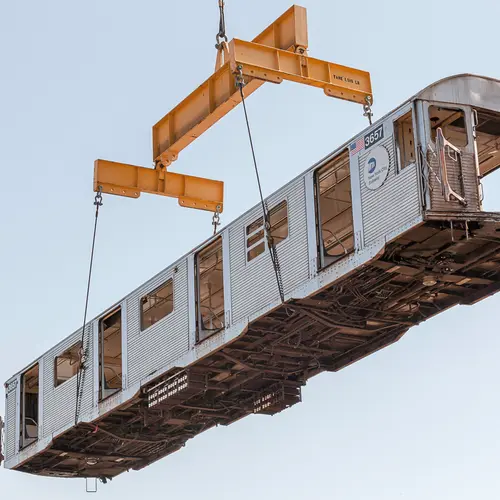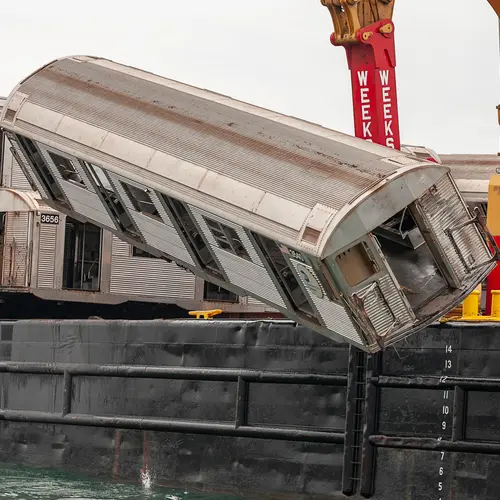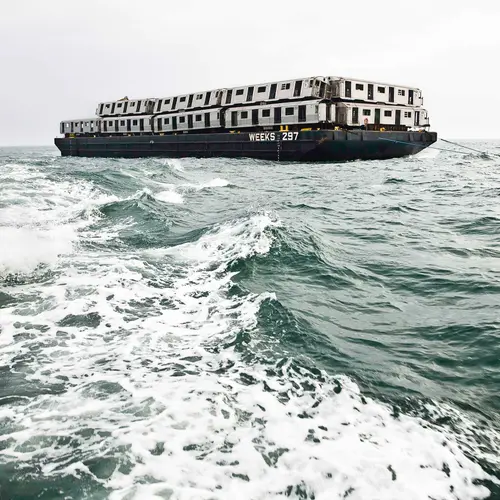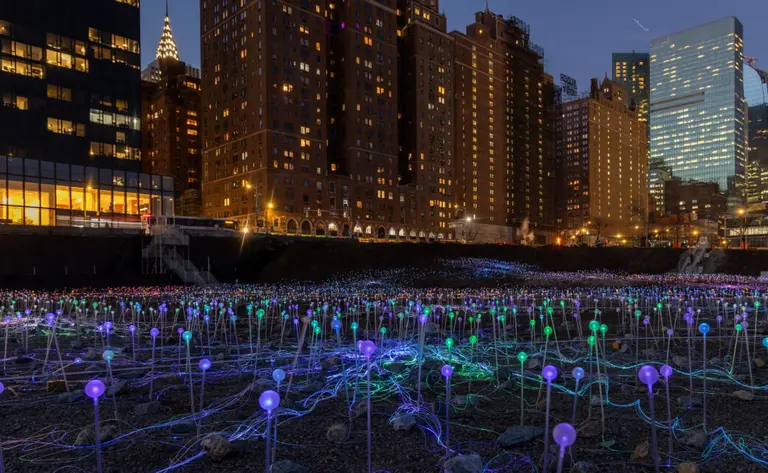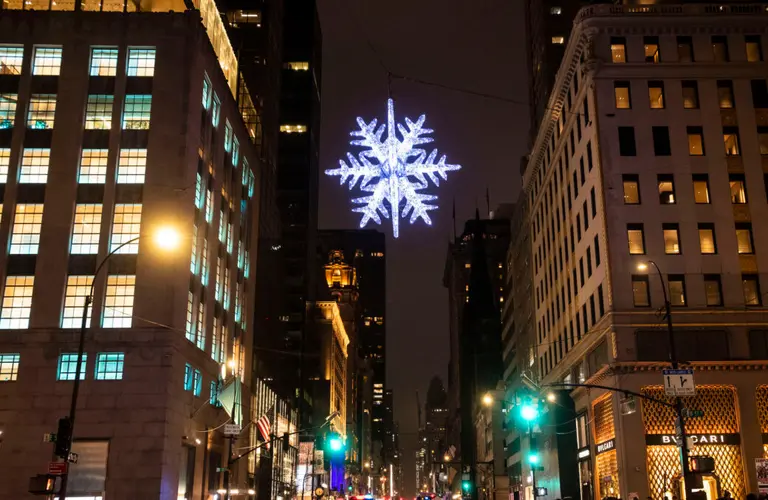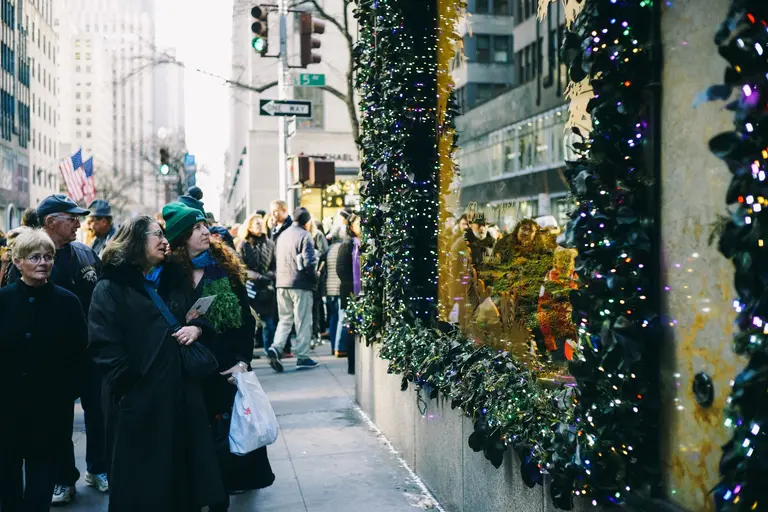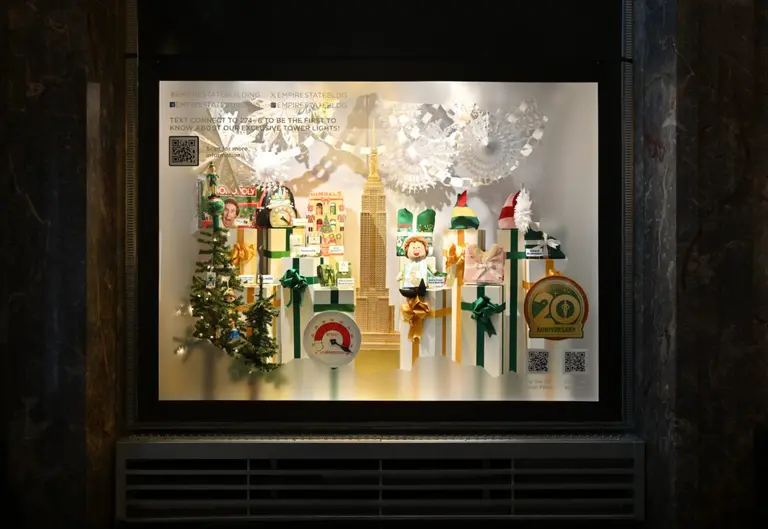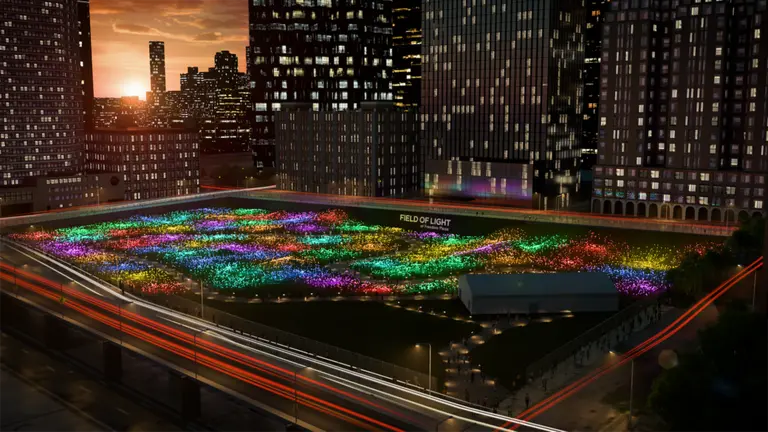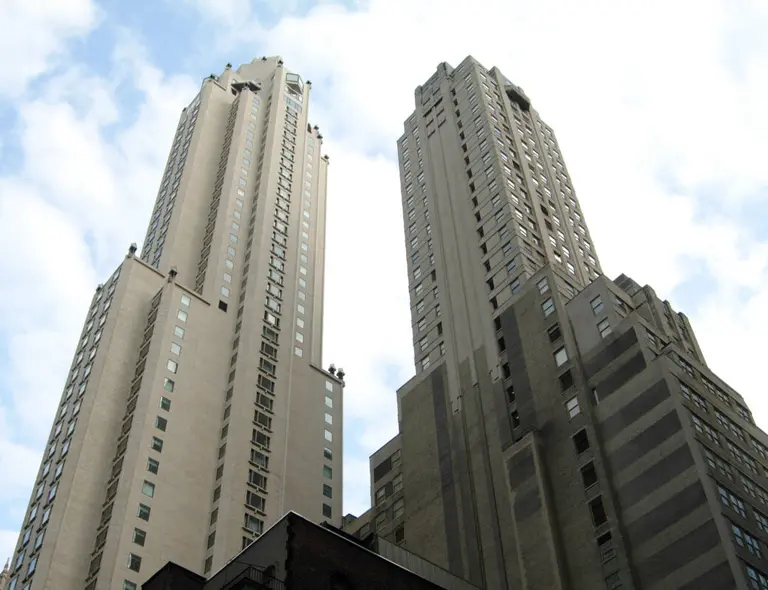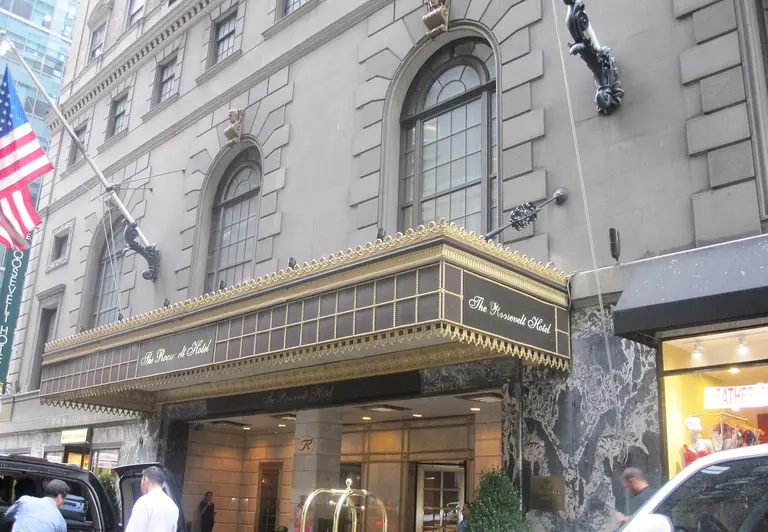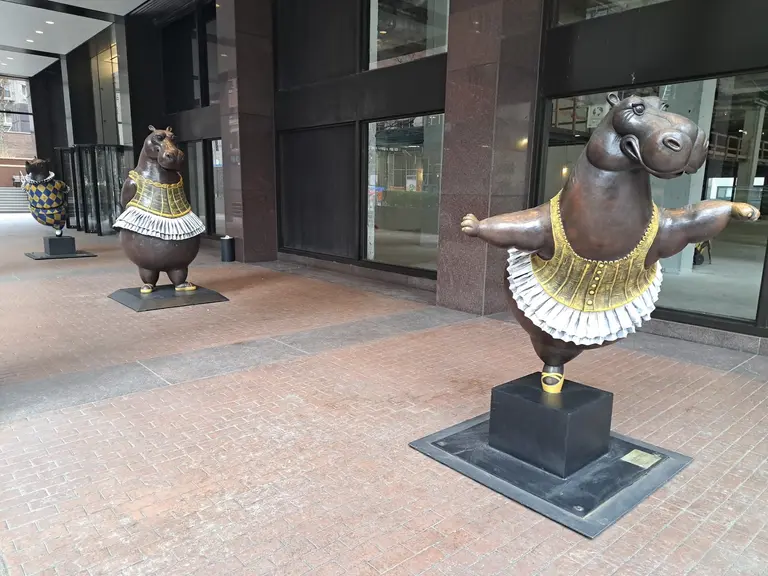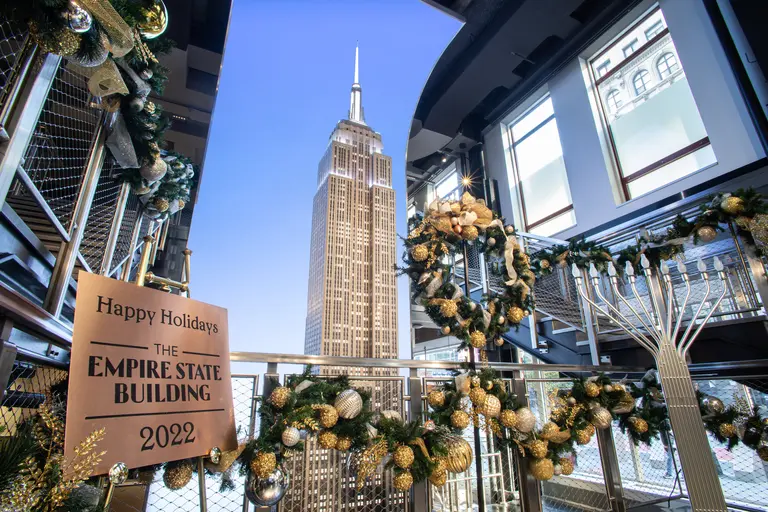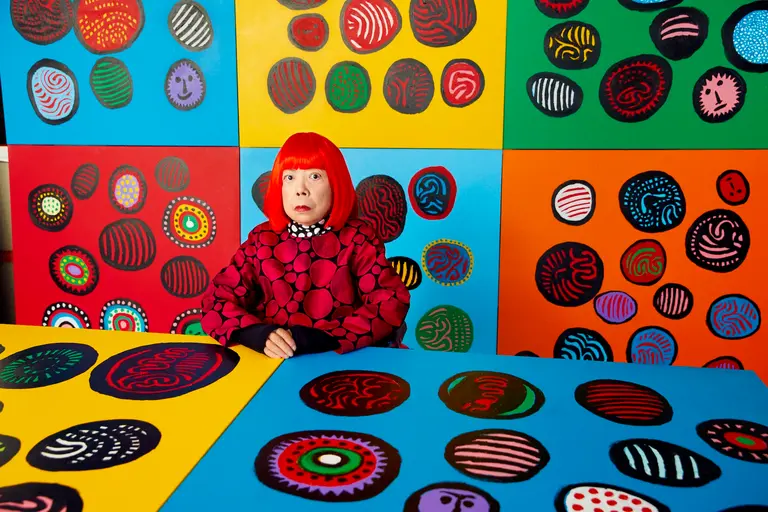Photo exhibit shows 10 years of subway cars dropped in the Atlantic Ocean to become artificial reefs
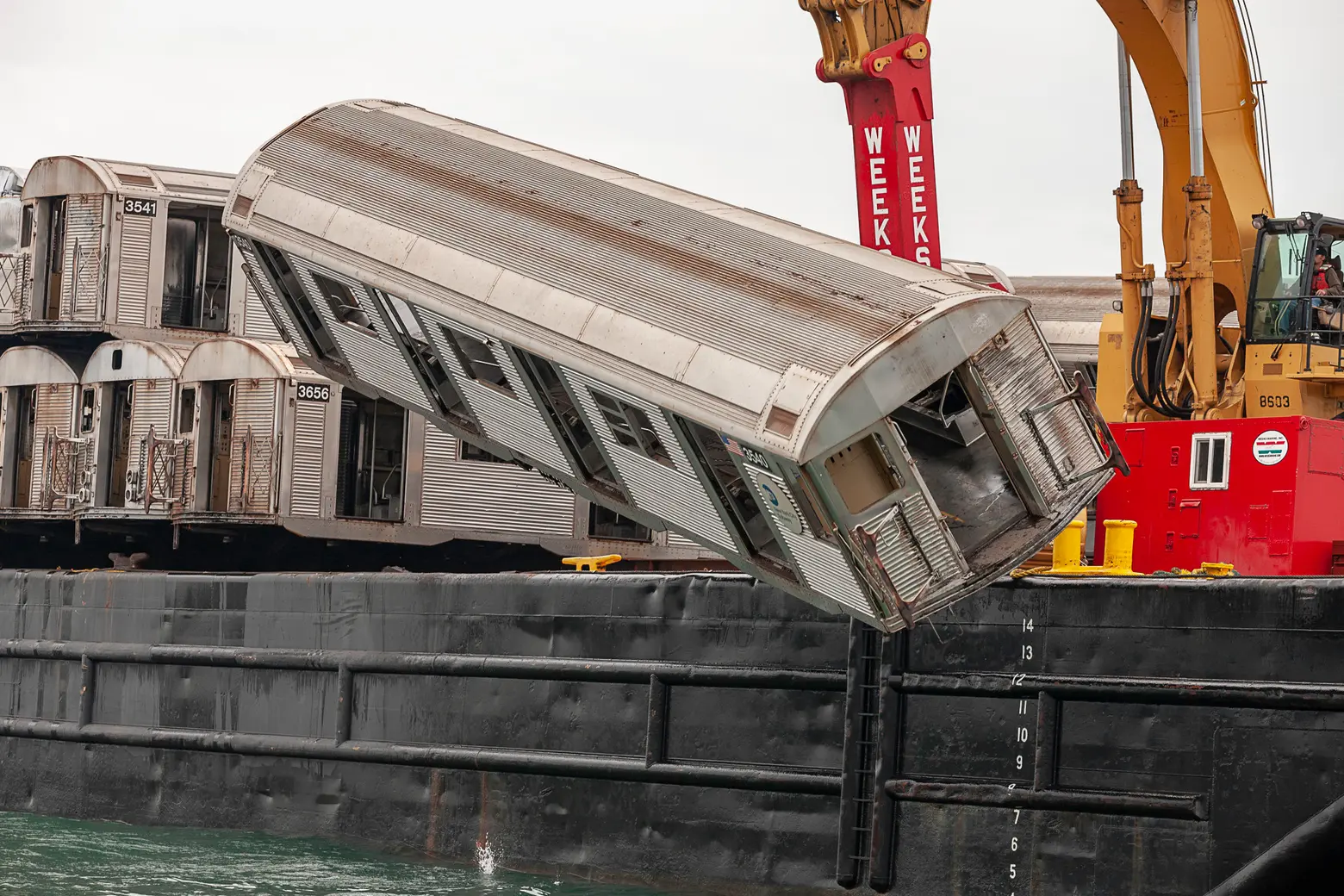
Air Break, 2008. Photo by Stephen Mallon.
By now you may have seen Stephen Mallon’s mind-bending photo series showing thousands of decommissioned NYC subway cars being tossed into the Atlantic Ocean. The MTA initiative was undertaken more than 10 years ago with the goal of creating artificial reefs that would support sea life along the eastern seabed. The amazing photo series, briefly on view at NYU’s Kimmel Galleries, documented the train cars being heaved into the briny deep from Delaware to South Carolina over three years. Now, a new exhibit, “Sea Train: Subway Reef Photos by Stephen Mallon,” opening March 20th at the New York Transit Museum’s Grand Central Gallery, features 19 large-format photographs that capture the iconic subway cars, dropped like toy trains from hulking barges as they’re being deployed as sea-life-sustaining artificial reefs,
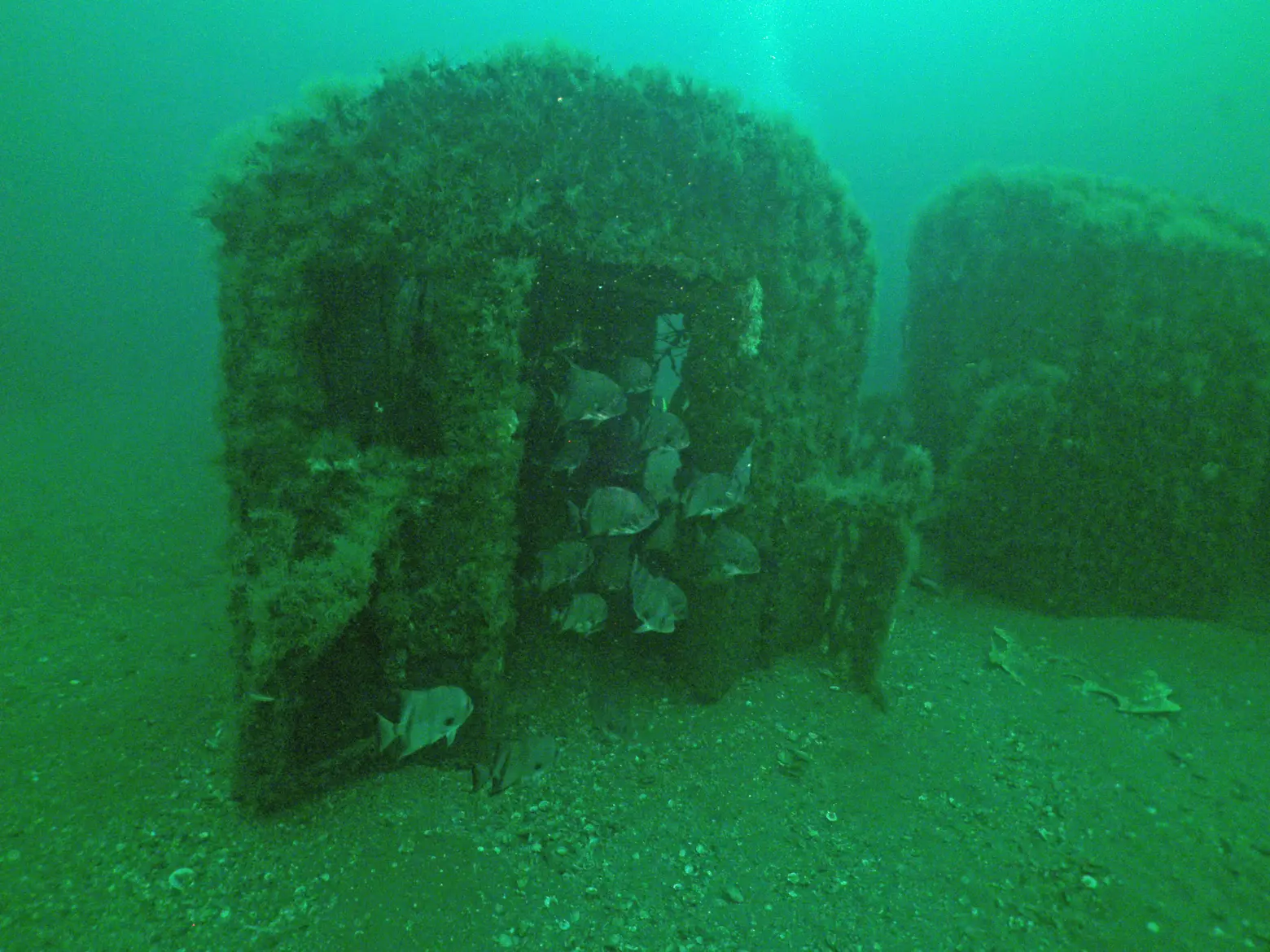
Redbird Reef, Photo by Robert Martore, Courtesy of South Carolina Department of Natural Resources.
These symbols of transportation and city life that moved millions of New York City passengers for decades seem shrunken compared with the vast Atlantic seascape.
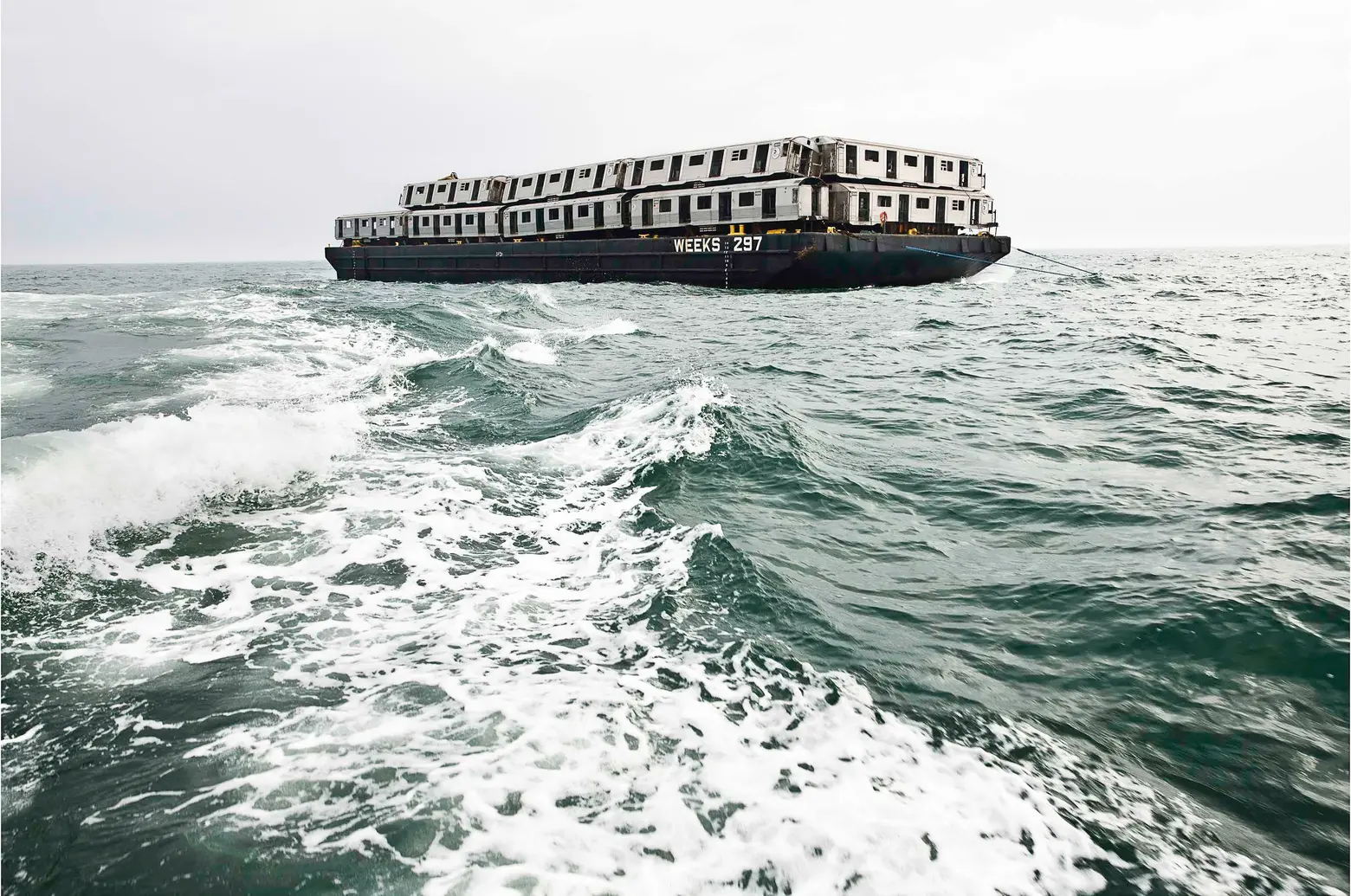
Weeks 297, 2008. Photo by Stephen Mallon.
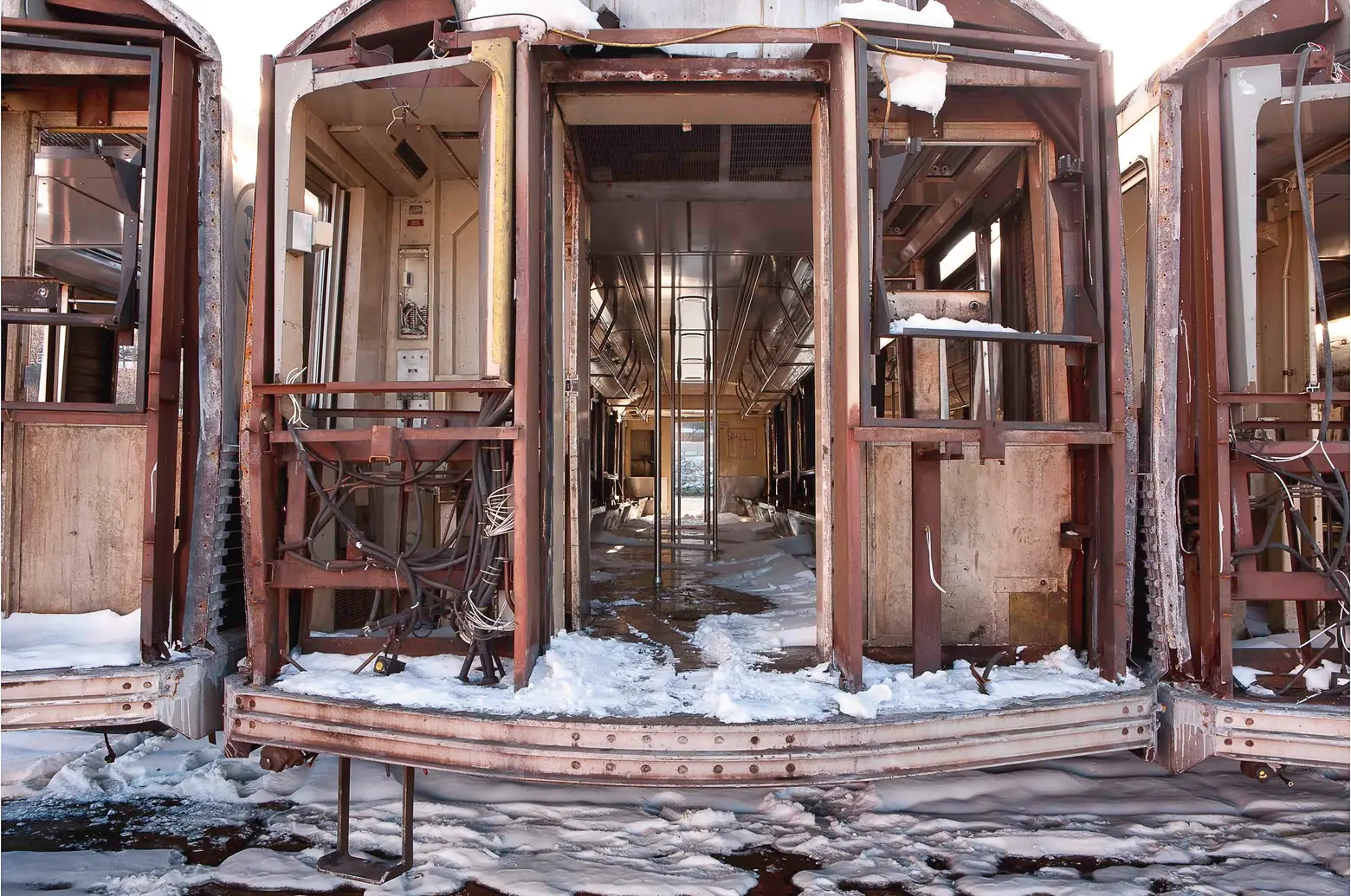
Transfer, 2009. Photo by Stephen Mallon.
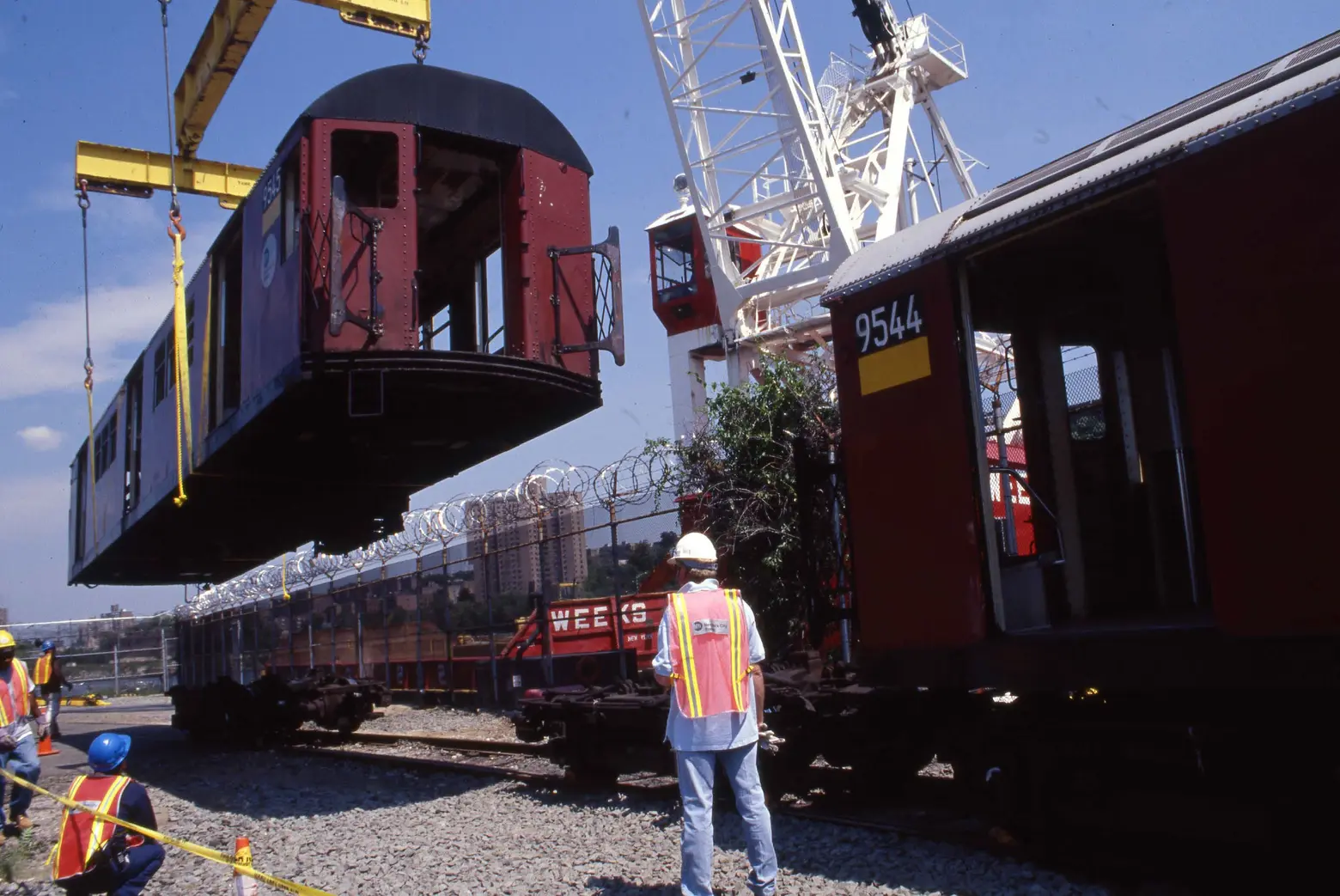
Redbird Reefing 2001. Courtesy of the New York Transit Museum.
The environmental effort is based on the fact that marine organisms attach themselves to hard surfaces–like the metal frames of the train cars–serving as food for other sea creatures and creating an overall healthier habitat. Between August 2001 and April 2010 MTA New York City Transit deployed close to 3,000 deaccessioned train cars into the ocean off the coasts of New Jersey, Delaware, Maryland, Virginia, South Carolina, and Georgia, creating a thriving new habitat for varied sea life including sea bass, tuna, mackerel, flounder, blue mussels, sponges, barnacle, and coral in what were once barren deserts. By Earth Day 2010, the subway reefing project had placed 2,580 retired subway cars on ocean reef sites.
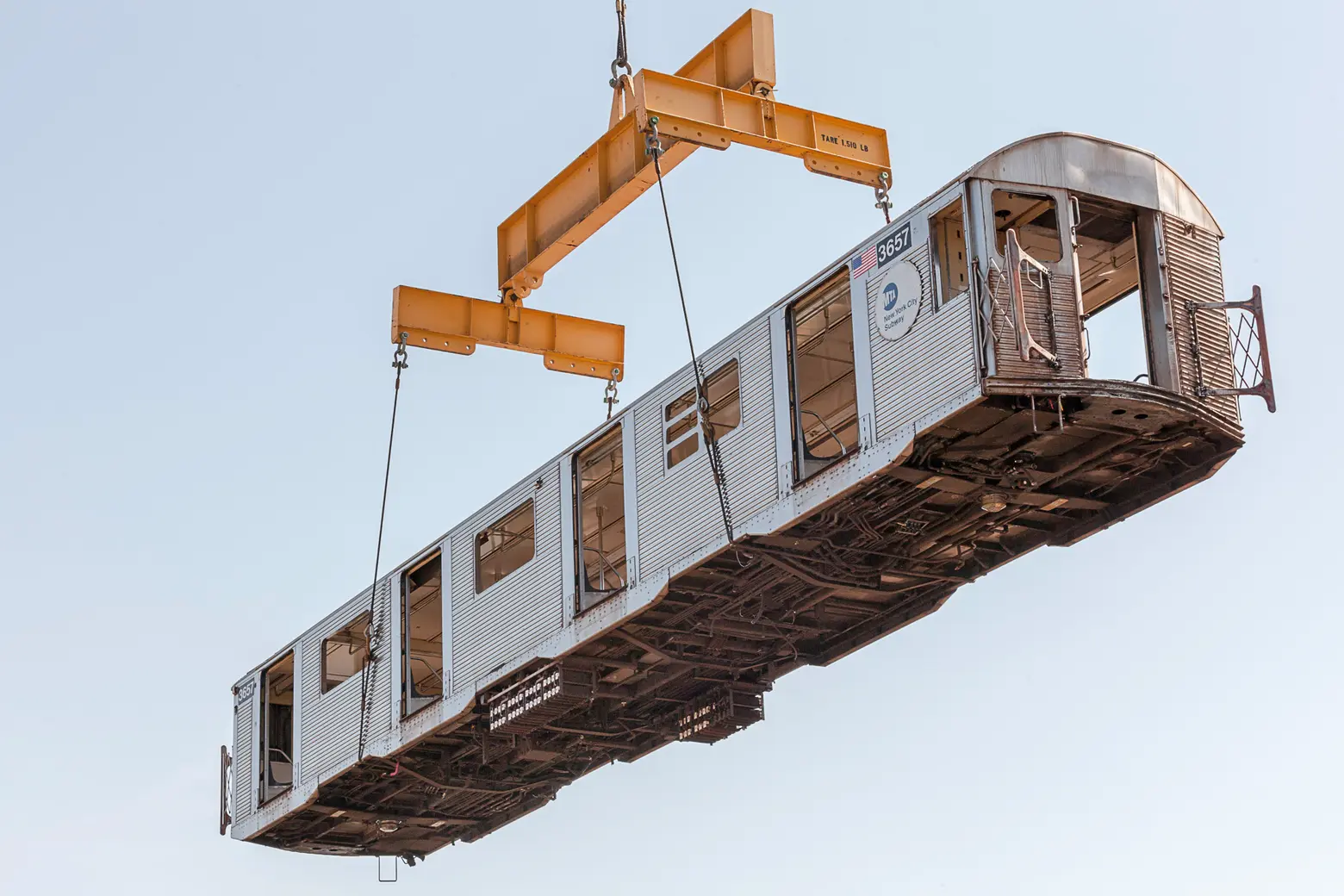
Mind The Gap, 2008. Photo by Stephen Mallon.
Mallon considers himself an “industrial photographer,” shooting subjects like abandoned ships, plane crash wreckage, and power plants. His aforementioned photo series, called ‘Next Stop, Atlantic,’ showcased stacks of subway cars on barges, action shots of the trains being tossed into the ocean, and strangely beautiful images of the subways floating in the ocean, stripped of their windows, doors, seats and steel wheels.
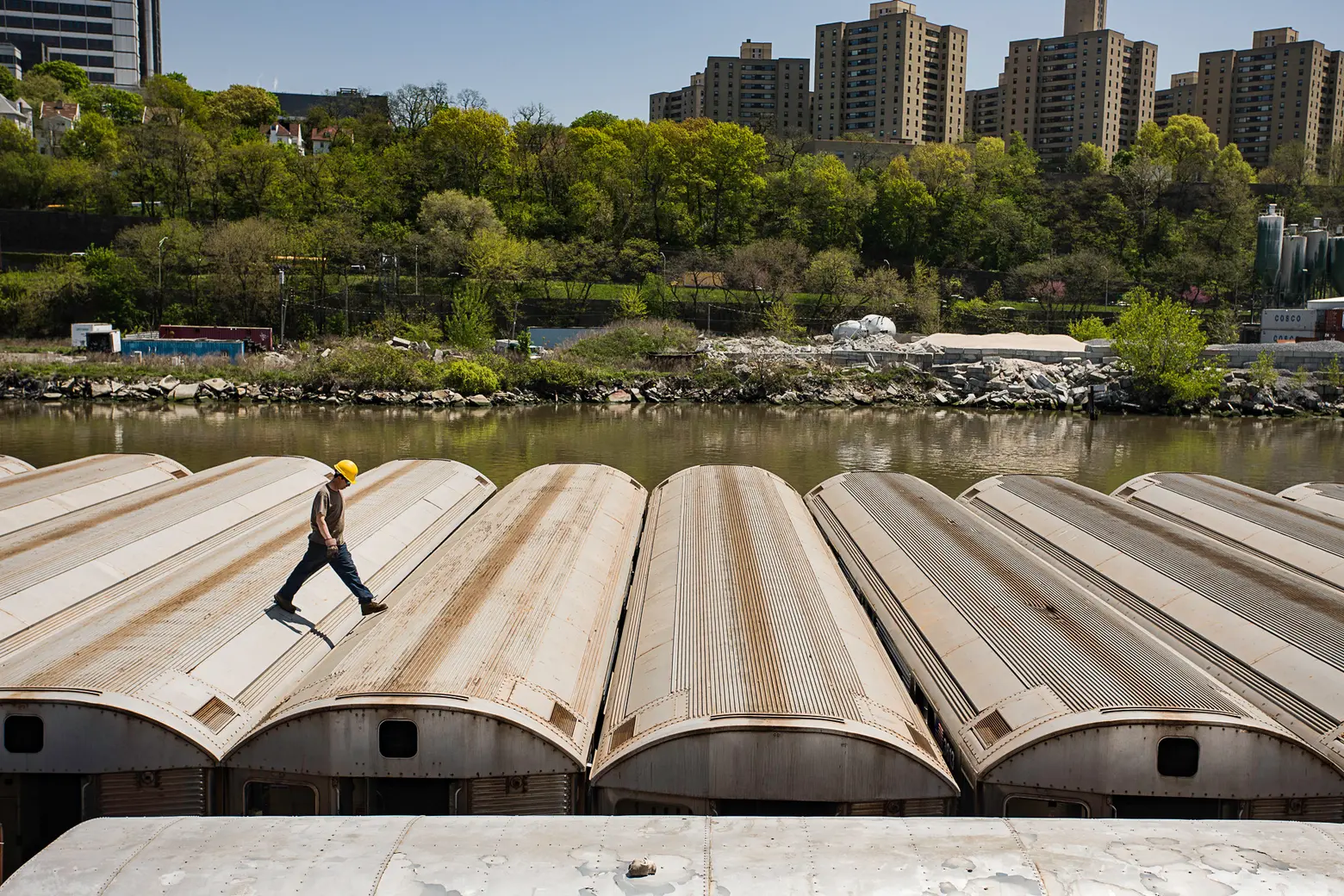
Abbey Road, 2008. Photo by Stephen Mallon.
After finding out about the project in 2008, Mallon went to work documenting the last group of stainless steel train cars on the way to their underwater graveyard. His images follow the cars as they are cleaned and prepped, then moved onto barges in the Harlem River and deployed using GPS.
Mallon said in a press release, “’Sea Train’ is the largest show of my career and I am thrilled beyond words to be working with the New York Transit Museum. In organizing this exhibit, we chose an intimate selection to provide a fresh look at one of my all-time favorite projects.”
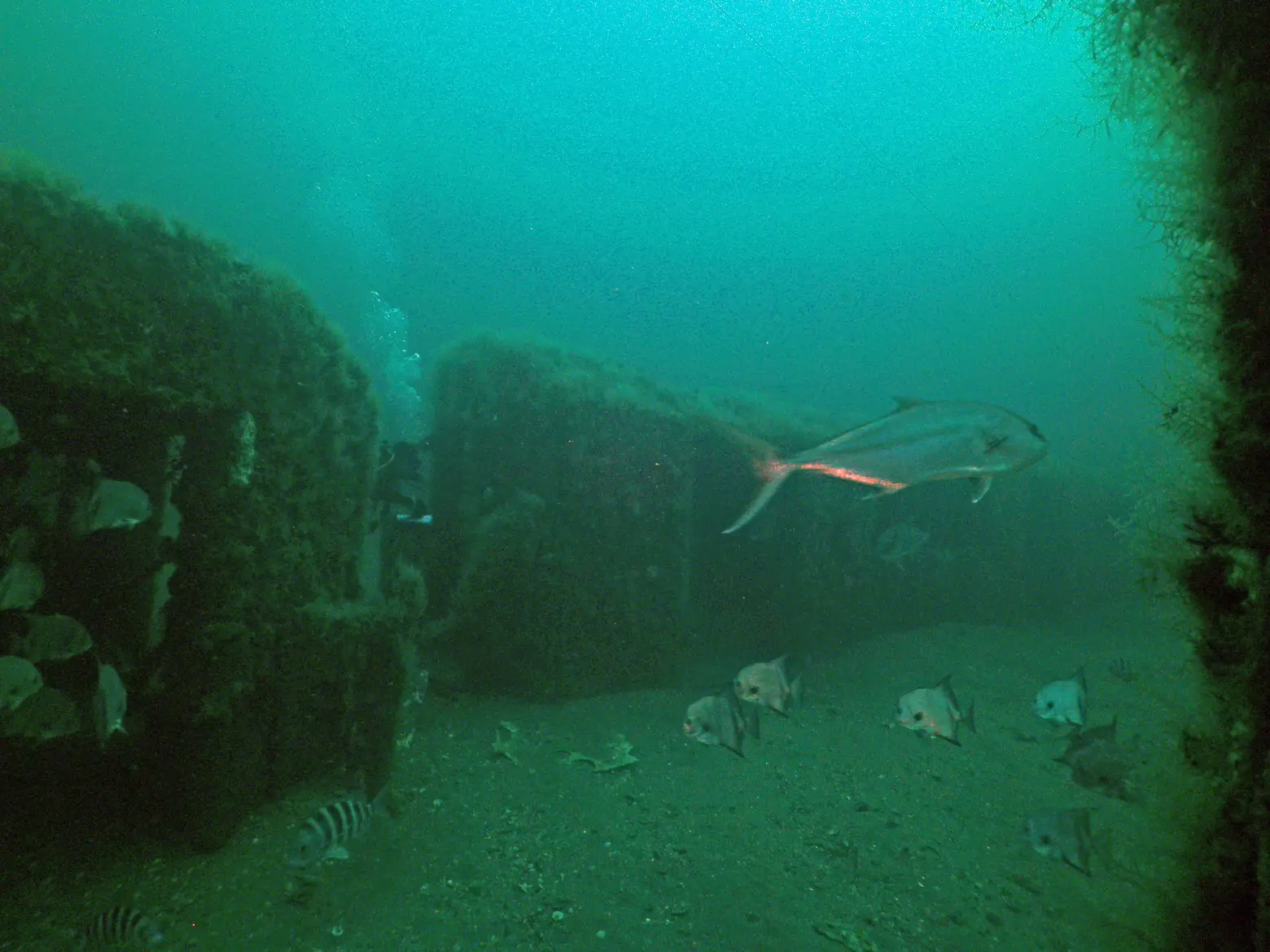
Redbird Reef, Photo by Robert Martore, Courtesy of South Carolina Department of Natural Resources.
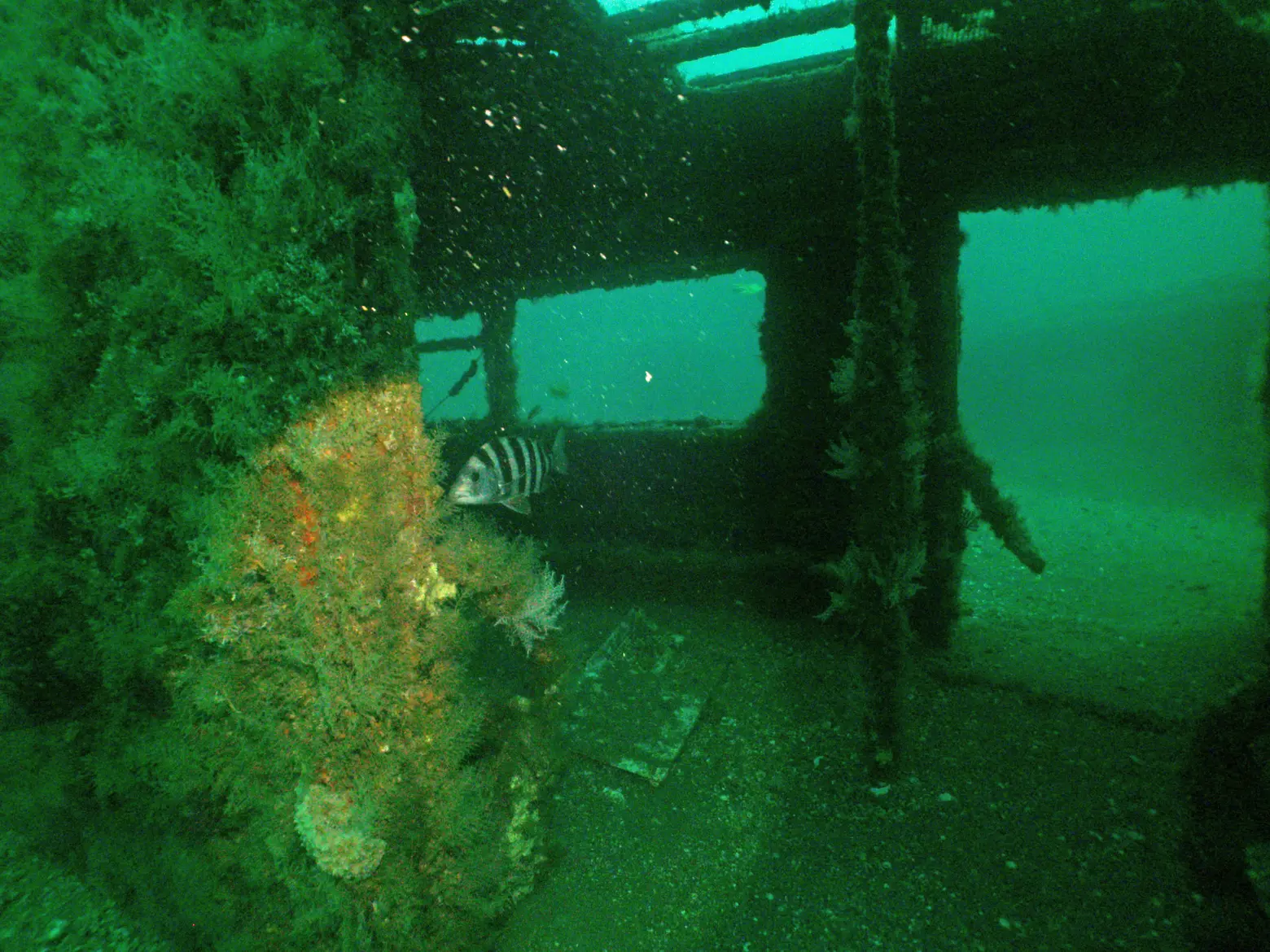
Redbird Reef, Photo by Robert Martore, Courtesy of South Carolina Department of Natural Resources.
Amy Hausmann, the Museum’s Senior Curator and Deputy Director for Collections and Exhibitions, adds, “Stephen Mallon sees these familiar subway cars and highlights the beauty of their design, the patina of their metal bodies, and the intricacies of their engineering. His work is abstract in many instances, and it is only when we see these stripped-down machines juxtaposed against the sweep of the Atlantic Ocean that we understand he is celebrating both their past and their future as a new home to thriving marine life.”
“Sea Train: Subway Reef Photos by Stephen Mallon” opens to the public on Wednesday, March 20th at the New York Transit Museum Gallery & Store at Grand Central Terminal. Find out about gallery hours and more here.
RELATED:
- PHOTOS: Go Inside the NYC Subway Cars Dumped in the Atlantic Over a Decade Ago
- Photo Series Captures Three Years of NYC Subway Cars Being Dumped in the Atlantic Ocean
- VIDEO: Fly Over the Forgotten Vessels of Staten Island’s Arthur Kill Ship Graveyard
- There’s a trolley car graveyard buried without a trace in Canarsie, Brooklyn
